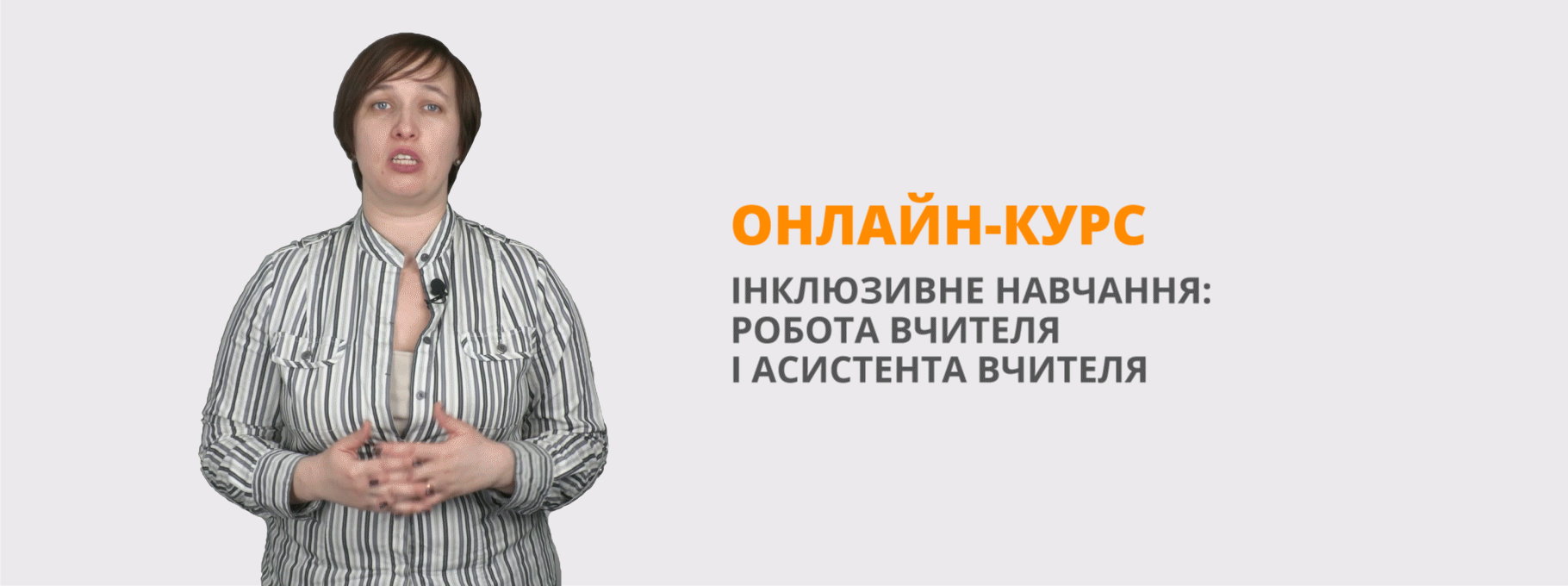Фрагмент уроку Казка про Долара
Казка про Долара
(на засвоєння правила використання закінчення S в третій особі однини у часі Present Simple)
Давайте познайомимося з цікавими персонажами однієї з країн, в якій спілкуються англійською мовою… Отже, троє друзів, які завжди разом – це He, She, It. І ось, одного разу, у них виникла мрія – створити школу, в якій дітки зможуть цікаво та весело вивчати англійську мову. Але для цього потрібно багато грошей. Тому вони й вирішили поїхати разом та заробити кошти на здійснення своєї мрії. Довго вони працювали, старанно. І звичайно, отримали винагороду у доларовому еквіваленті. (Малюємо на дошці значок $)
He готував у ресторані смачні страви.
She прибирала у готелі кімнати гостей.
It завжди допомагало He та She, підтримуючи їх у всьому.
І ось за те, що He готував, йому заплатили долари. За те, що She прибирала, їй теж за цю роботу, беззаперечно, заплатили. Та й It не ображали, оскільки завжди знаходилася робота й для нього.
Але, окрім цих персонажів, є ще такі, як I, You, We, They. Вони теж багато чого зробили, щоб англійська школа була цікавою та дітки з охотою ішли на заняття. Грошей вони не заробляли, але були хорошими помічниками для He, She, It.
Тому, дітки, цю казку ви повинні пам’ятати. І як тільки побачите, що якусь роботу виконує He, She, It не забудьте теж їм заплатити. Адже таким чином ми віддячимо їм за те, що вони побудували не одну таку цікаву та корисну англійську школу!
Практичний матеріал на засвоєння теорії:
(choose the correct variant)
He cook/ cooks tasty dishes at the restaurant.
It helps/ help all the time.
They eats/eat apples
She cleans/clean the room every day.
You watches/watch TV in the evenings
He works/work at a hospital.
It play/plays tennis after school.
I do/does my homework in the morning – always in the evening
Jane go/goes to school every day.
We play/plays basketball on Saturdays.
My mother get up/gets up very early.
My brother does/do his homework in the evening.
I cleans/clean the house after lunch.
It do/does the shopping in the afternoon.
My brother brushes/brush his teeth before bed.
Kate likes/like to eat an ice-cream.
We goes/ go to the zoo every Sunday.
The boys play/plays football well.
My brother speaks/speak English well.
The girls likes/ like to draw dolls.
I play/plays computer games every day.
He cook/ cooks tasty dishes at the restaurant.
It helps/ help all the time.
They eats/eat apples
She cleans/clean the room every day.
You watches/watch TV in the evenings
He works/work at a hospital.
It play/plays tennis after school.
I do/does my homework in the morning – always in the evening
Коли роботу наші персонажі виконати не можуть, їм вона просто не під силу, то на допомогу поспішають Допоміжні Друзі. Знайомтеся, одного звати DO, а іншого DOES. І прикріплюємо до них часточку заперечну NOT .
АЛЕ ЗАПАМ’ЯТАЙТЕ!!!
DO допомагає таким персонажам як I, You, We, They. DOES допомагає тільки He, She, It. І коли вони вже допомагають, то долара ми вже не платимо He, She, It. Не переплутайте!!! Адже потім Допоміжні Друзі не знайдуться і не зможуть допомогти своїм товаришам!!!
Практичний матеріал на засвоєння теорії:
Make the sentences negative.
1. I eat pizza.
__________________________
2. My brother studies German.
__________________________
3. We play computer games.
__________________________
4. Harry likes sport.
__________________________
5. They drink water.
Choose the correct verb form.
1. We go/goes to school by bus.
2. My teacher speak/speaks Italian and Japanese.
3. We don’t/doesn’t do P.E in the classroom.
4. My friends don’t like/likes art.
5. My mother teach/teaches in a primary school.
6. I don’t copy/copies their homework.
7. They finish/finishes work at 8.30 in the evening.
8. We don’t/doesn’t think that English is easy.
UNDERLINE THE CORRECT VARIANT:
1. Tom _____ his room every Saturday.
a) tidy b) tidies
2. We _____ to the music every day.
a) listen b) listens
3. Mary usually _____ TV in the evening.
a) watch b) watches
4. The girls often _____ with the dolls.
a) play b) plays
5. I _____ in the pool on Sundays.
a) swim b) swims
6. They _____ their homework every day.
a) do b) does
Fill in don’t or doesn’t:
1. Bill _____ play tennis every Sunday.
2. We _____ go to the park.
3. Kate _____ like to eat fish.
4. Sue _____ wear long dresses.
5. I _____ like to get up early.
6. My brothers _____ like to drink milk.
7. My brother_____ know English well.
8. I _____ like to walk with my dog.
9. Pam _____ go to the gym.
10. They _____ understand this rule.
11. We _____ often go to the movies.
12. Liz _____ wear shorts at all.
13. Ann_____ grow flowers in the garden


про публікацію авторської розробки
Додати розробку
